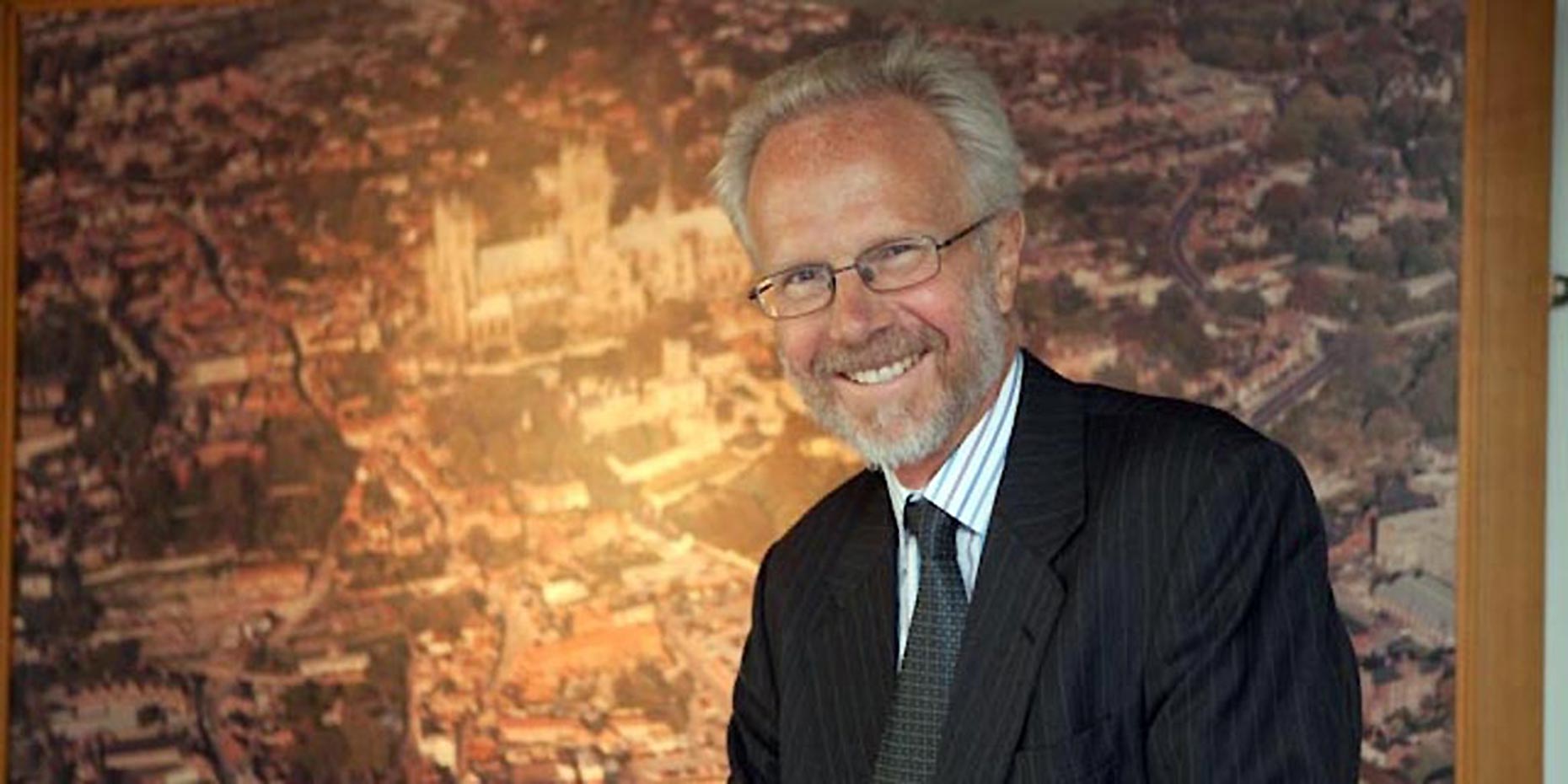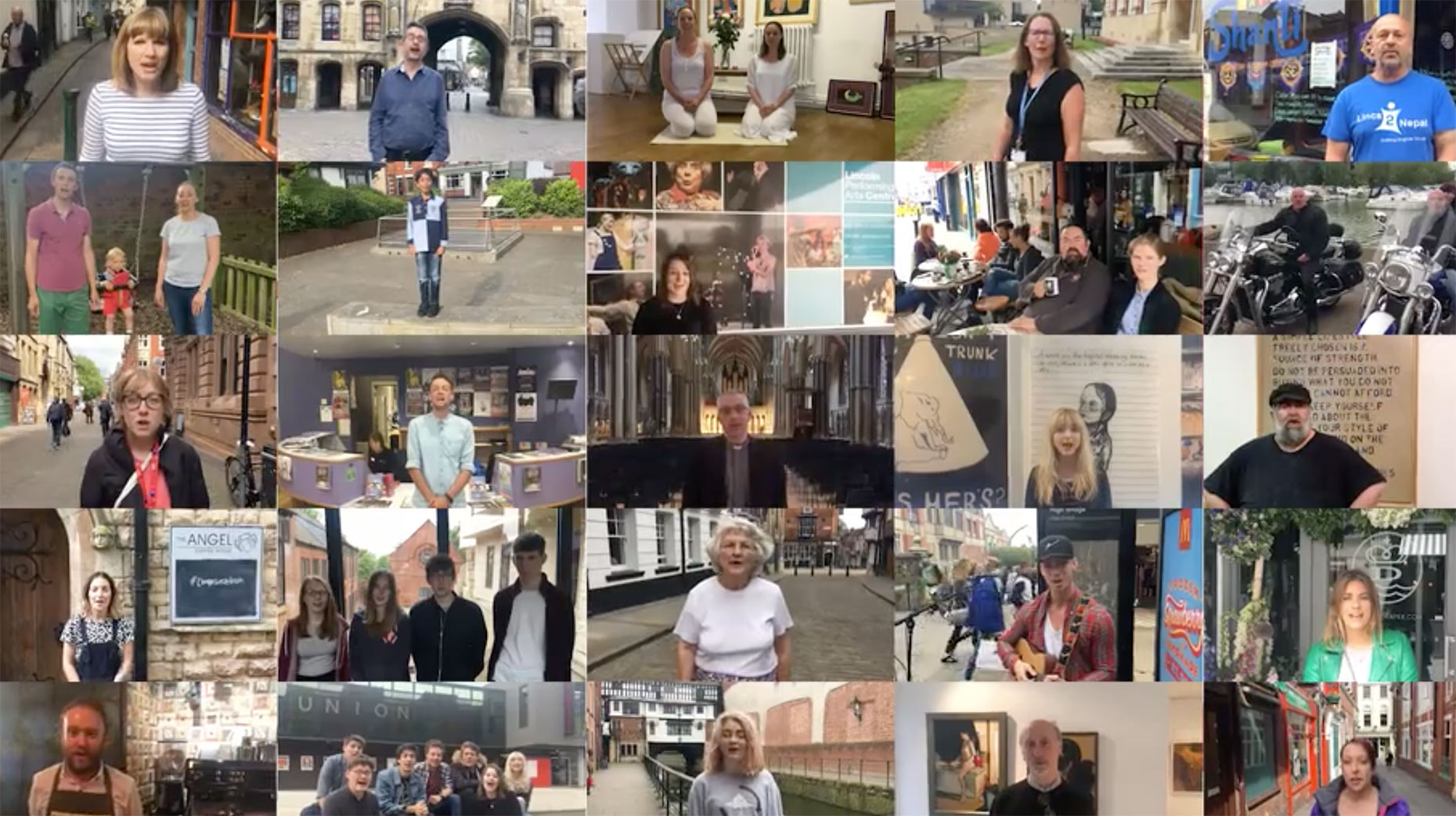Participation in the arts can make you a kinder person!
Come on, you can’t be serious.
I know that involvement in artistic and creative activity has all sorts of positive benefits, but kindness? Surely that is stretching the point too far.
We know that involvement with artistic activity can make you feel better; it can be uplifting. Research shows that artistic activity in a city makes it a more attractive place to live; it has economic benefits. But kindness? Really?
Of course, you won’t be surprised that I am now going to suggest that there really is something in this seemingly far fetched assertion.
Actually, it won’t be me, but some hard headed research uncovered for those who attended last Saturday’s Philosophy Cafe at the Drill Hall.
The researcher from the University of Lincoln assured us that she had not started out with the idea of trying to prove that there is a link between arts and kindness, but rather she had seen it emerge as the results of the research came in. Let me try to explain.
The starting point was an organisation that promotes kindness called People United. If this sounds a bit wooly, their definition of kindness may help: wanting to benefit or increase the welfare of others. So, pretty pragmatic stuff. Kindness arises from a sense of people being connected by force of our common humanity. The researchers suggest that this can be measured, for example, in the extent to which people volunteer or donate.
In 2012 they conducted a comprehensive review of the academic literature and suggested that the arts are crucial for fostering kindness. Since 2012 they have evaluated arts-based projects in schools as well as communities and consistently find that arts engagement encourages people to want to help others.
The result was pretty consistent from year to year and so the researchers decided to test it further and their results should be published in the next couple of months.
Does it make sense, though? Does it feel right?
Would attendance or participation in sport have the same result? It makes us feel good (as we in Lincoln all know at the moment) but does it make us act in a kinder way? The suggestion is that it doesn’t and really because sport is competitive.
Participating in artistic activity isn’t competitive. So what is it about art? One of the lovely things about the Philosophy Cafe is that everyone has a view and every view is valued. Here are just a few from our discussion.
One suggestion was that all art tells stories and story telling is one of the things that make us human. Theatre can communicate in a way that the written word simply can’t, as can music and dance. Things can be said through poetry that prose can’t get near.
Theatre can move its audience. Anyone who saw the film I, Daniel Blake will surely have been strongly moved. In that case being moved for many people had a direct result in giving to food banks.
But what of less obviously socially concerned theatre? Getting Better Slowly at the Drill Hall and elsewhere certainly changed the perceptions of some of those in caring professions who came to see it.
But ‘feel good’ theatre moves too; a felling of happiness can find expression in generosity.
If art has this benefit, then surely it should be more freely available; it should have a secure place in society, in schools.
Phil Hamlyn Williams is a writer and Chair of Trustees at Lincoln Drill Hall and the Lincoln Book Festival. He was Chief Executive of Lincoln Cathedral. He spent twenty five years in the accounting profession with ten years as a partner in Price Waterhouse. He then worked in management and finance in the charity sector.







